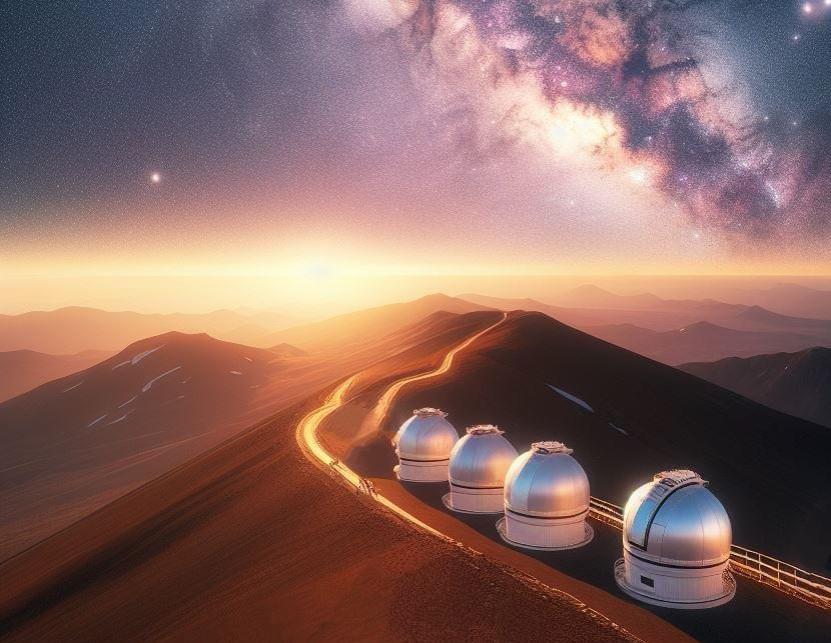
Submitted by Selen Etingü on Mon, 29/01/2024 - 13:01
The Joint Collaborative Programme is aimed at enabling collaboration between research groups within the University of Cambridge and partner institutes on origins of life research.
We are happy to announce that this year we awarded funding for seven more projects:
A theoretical underpinning of chiral selectivity on magnetic surfaces
PI: Alex Thom, Yusuf Hamied Department of Chemistry
CO-I: Dimitar Sasselov, Department of Astrochemistry, Harvard University
HARVY – designing a new facility to survey for Earth-like planets on neighbour Sun-like stars
PI: Didier Queloz, Cavendish Astrophysics
Co-I: Sam Thompson & Clark Baker, Cavendish Astrophysics
Habitability and Ecological Potential of Hycean Worlds
PI: Nikku Madhusudhan Institute of Astronomy
Co-I: Emily Mitchell, Department of Zoology
Weathering planets without vegetation
PI: Neil Davies, Professor of Sedimentary Geology, Department of Earth Sciences
CO-I: Nick Butterfield , Professor of Palaeobiology, Department of Earth Sciences
Postdoctoral Research Associate: William McMahon
Can magnetite induce homochirality under prebiotically-relevant conditions?
PI: Richard Harrison, Department of Earth Sciences, University of Cambridge
CO-I: Prof. Emilie Ringe, Department of Materials Science and Metallurgy/Department of Earth Sciences, University of Cambridge
Understanding the building blocks of life: Studying the sources and fate of HCN in the martian atmosphere using a 3D global climate model
PI: Alexander Thomas Archibald Department of Chemistry
Postdoctoral Research Associate: Megan Brown Department of Chemistry
Lipid Diversity at the onset of life
PI: Claudia Bonfio, Department of Biochemistry, University of Cambridge
For more information on individual projects please visit: Funded projects | Leverhulme Centre for Life in the Universe (cam.ac.uk)
